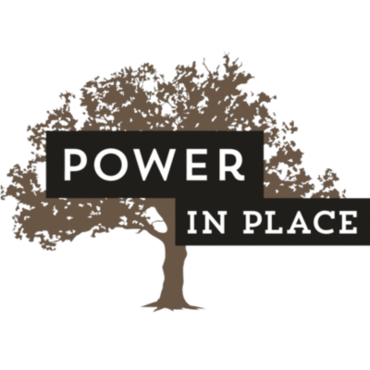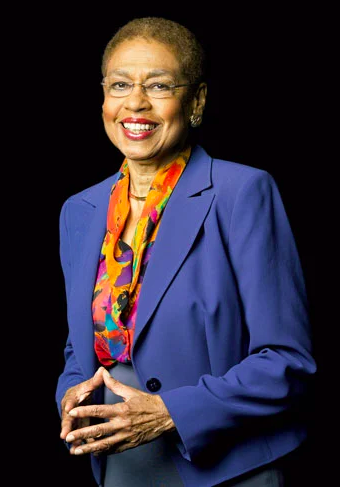INTERVIEW BY TAEGAN MULLANE
Photographed by Braxton Foushee
BARABARA FOUSHEE, TOWN OF CARRBORO COUNCILMEMBER AND MAYOR PRO TEM
On her place of special meaning- My place of special meaning is First Baptist Church of Chapel Hill, where I’m a member. I started going there with my late mother probably 20 plus years ago. I really find a lot of guidance, strength, and fellowship with my church family as I navigate this world in various positions, not only as a leader in my community, but also a leader in other organizations. It can be pretty overwhelming to just be these days, you don’t have to be serving as an elected official or anything like that. It can be overwhelming just to be. But, my faith in God is what drives my very existence and my being.
“Whatcha gonna do about it? Wanna talk about it or are you gonna do something about it?”
On being a black elected official- As a woman of color and the only person of color on the council, a lot of times I lead the conversations and then there are other times I’m bringing in separate experiences into the conversation that nobody else has. I’m the only black person at the table and am coming in to talk about that. Everybody knows it and nobody in that room can share that experience I have these same conversations at every table I sit at. Diversity, equity, inclusion, belonging, race, racism, white supremacy, Jim Crow, dismantle it, today. I have these same conversations every day and it’s really exhausting.
“People don’t always understand and process information the same… we need to be willing to acknowledge those differences and meet every community where they are.”













